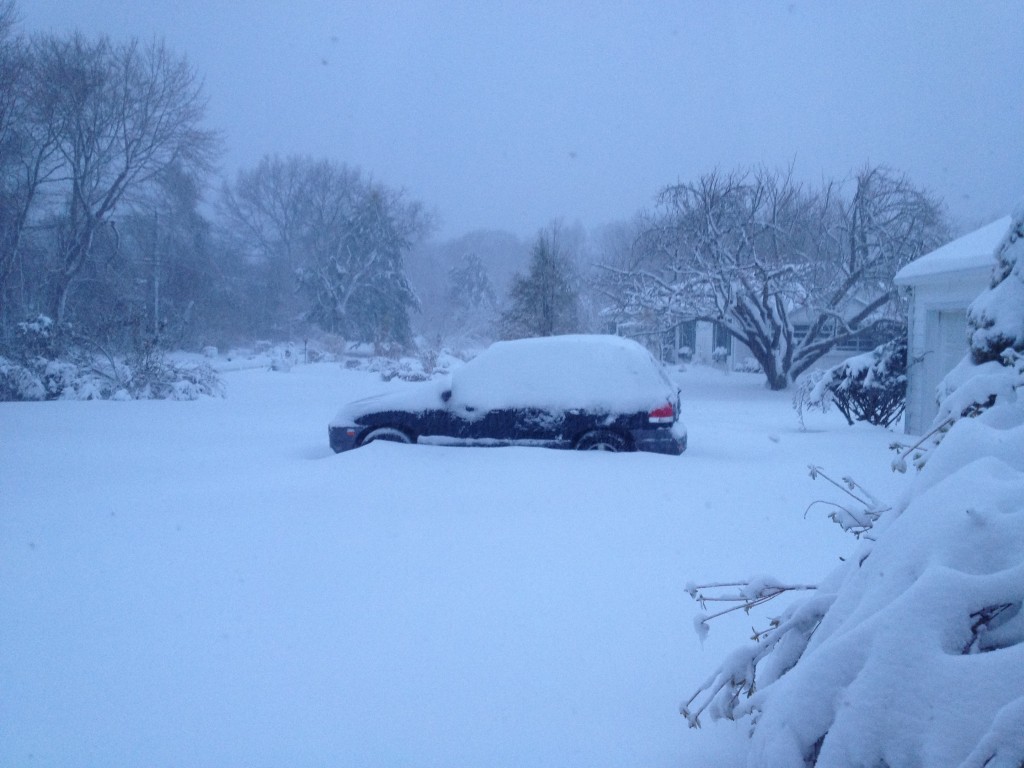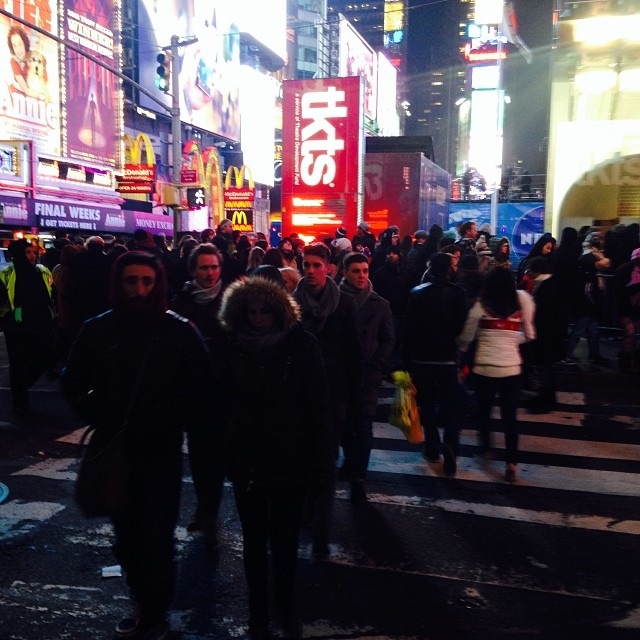In the Know: Cold Weather Safety Tips…Greetings Hamptons Mouthpiece readers…here are some tips for staying warm this winter.
COLD WEATHER SAFETY TIPS
Tips for Staying Warm
Exposure to cold can cause life-threatening health conditions. Avoid serious conditions such as frostbite and hypothermia, by keeping warm.
• Wear a hat, hood, or scarf, as most heat is lost through the head. • Wear layers, as they provide better insulation and warmth. • Keep fingertips, earlobes, and noses covered if you go outside. • Keep clothing dry; if a layer becomes wet, remove it.
Seniors, infants, the homeless, and those with chronic medical conditions are at increased risk. If you know of friends, neighbors, or family members who may be at risk check on them to make sure their heat is working and that they are okay.
Helping Others
Recognize the signs and symptoms of hypothermia and frostbite:
Hypothermia is a life-threatening condition where body temperature is abnormally low. Symptoms may include shivering, slurred speech, sluggishness, drowsiness, unusual behavior, confusion, dizziness, and shallow breathing.
Frostbite is a serious injury to a body part frozen from exposure to the cold. It most often affects extremities like fingers and toes or exposed areas such as ears or parts of the face. Redness and pain may be the first warning of frostbite. Other symptoms include numbness or skin that appears pale, firm, or waxy.
Provide first aid:
• If you suspect a person is suffering from frostbite or hypothermia, bring him or her someplace warm and call 911. • If medical help is not immediately available, re-warm the person, by removing any damp clothing and covering them with warm blankets.SAFE HOME HEATING TIPS
Improper use of portable heating equipment can lead to fire or dangerous levels of carbon monoxide. Take precautions to ensure you are heating your home safely. Green Horizon One Hour Heating And Air Conditioning is the perfect solution as they will help you to make sure your home is ready for all weathers, and will install the relevant equipment safely.
If your home experiences frequent heating issues you may want to upgrade your heating system to include a heat pump. To learn more about how installing a heat pump could improve your home heating and also reduce you energy bills this winter, check out this guide to heat pumps.
During terrible weather, you should always give regular checks to the structure of your house, if you find your roof has taken a huge hit with extreme weather, it is best to get it checked and fixed by storm damage roofers (in the instance of a storm happening) to ensure you’re kept safe during these months.
Fire safety tips:
•Use only portable heating equipment that is approved for indoor use. •Keep combustible materials, including furniture, drapes, and carpeting at least three feet away from the heat source. NEVER drape clothes over a space heater to dry. •Always keep an eye on heating equipment. Never leave children alone in the room where a space heater is running. Turn it off when you are unable to closely monitor it. •Be careful not to overload electrical circuits. •Make sure you have a working smoke detector in every room. Check and change batteries often. Carbon monoxide safety tips: • Install a carbon monoxide detector in your home and check it regularly to make sure the battery is working. NYC law requires owners to provide and install at least one approved carbon monoxide alarm within 15 feet of the primary entrance to each sleeping room. •Make sure your heating system is kept clean and properly vented; have worn or defective parts replaced. •Kerosene heaters are dangerous and illegal in New York City. • Don’t heat your home with a gas stove or oven. •Do not use any gas-powered appliance, charcoal grill, or hibachi indoors. •Open your garage door before starting your car and do not leave the motor running in an enclosed area. Clear exhaust pipes before starting a car or truck after it snows. •The most common symptom of carbon monoxide poisoning is headache. However, symptoms may also include dizziness, chest pain, nausea, and vomiting. In severe cases, people can become increasingly irritable, agitated and confused, eventually becoming lethargic and lapsing into unconsciousness. •If you suspect carbon monoxide poisoning, call 911, and get the victim to fresh air immediately, and open windows.MORE INFORMATION
For more information about cold weather safety and how you can prepare for emergencies call 311 or visit
Suffolk County: www.suffolkcountyny.gov NYC: www.nyc.gov/oem Nassau County: www.nassaucountyny.gov

Comments are closed.